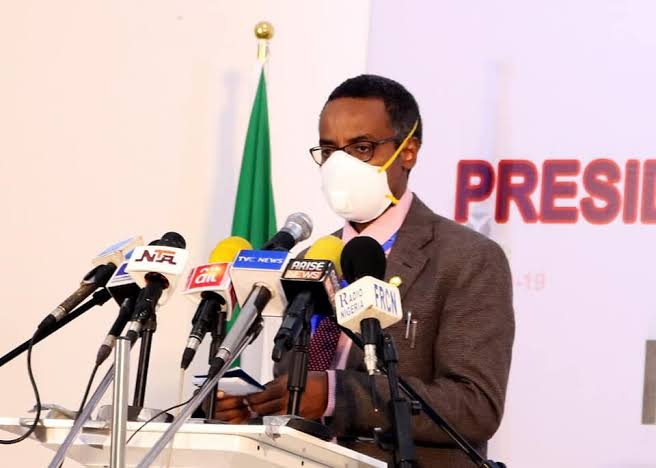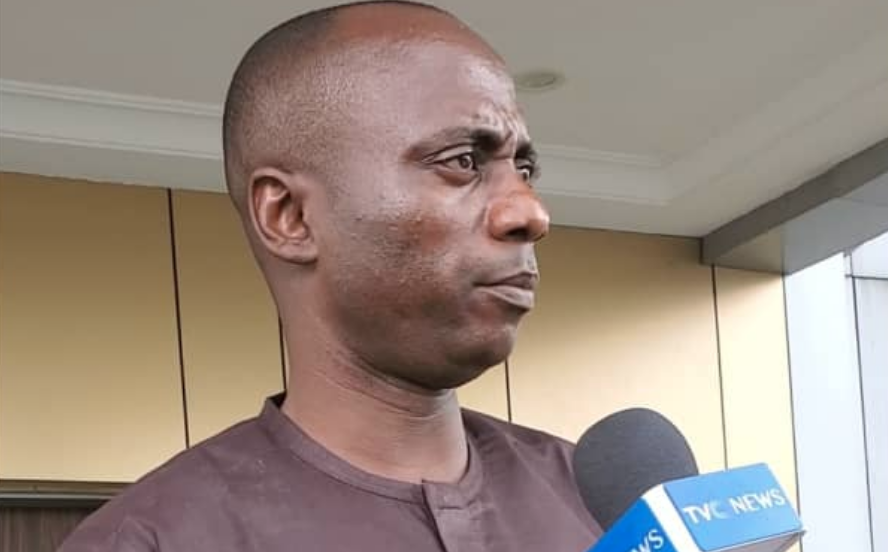Sani Aliyu, national coordinator of the presidential task force (PTF) on COVID-19, says Nigerians now stand a higher risk of contracting COVID-19.
He disclosed this during the PTF briefing in Abuja on Thursday.
According to Aliyu, there is a greater risk of infection now that the lockdown has been eased and people choose to ignore the safety guidelines set in place to contain the spread of COVID-19.
“The PTF continues to be very concerned about the issue of compliance. As you are aware, we are here to push for the containment of COVID-19 in the country through data-driven medical advisories,” he said.
Advertisement
“The fact that we are receiving many reports on the flouting of the guidelines, the hint by individuals, groups and organisations is simply unacceptable.
“As I said in the past, COVID-19 is far from over globally, neither is it over in Nigeria.
“There’s no doubt that a lot of community transmission is happening and it continues to increase across the states. Now more than ever before, if you go out, you’re more likely to get COVID-19 than before.
Advertisement
“Your risk of acquiring COVID-19 because of the numbers we have now is more than three, four weeks or five weeks ago when we had a lockdown, so there really isn’t any room or relaxation at this point.”
Aliyu said the reason the federal government relaxed the lockdown was to sustain the livelihood of Nigerians, “particularly those who depend on daily income for survival”.
“It wasn’t because COVID-19 has gone and it wasn’t because we should be more relaxed in terms of our prevention measures,” he added.
He disclosed that the federal government is working with security agencies to enforce compulsory adherence to the COVID-19 guidelines, as the PTF “will not sit back and allow public safety to be endangered by a few”.
Advertisement
The national coordinator called on Nigerians to accept the new normal of living with COVID-19, while adhering to safety measures and protocols to ensure protection.
Add a comment






